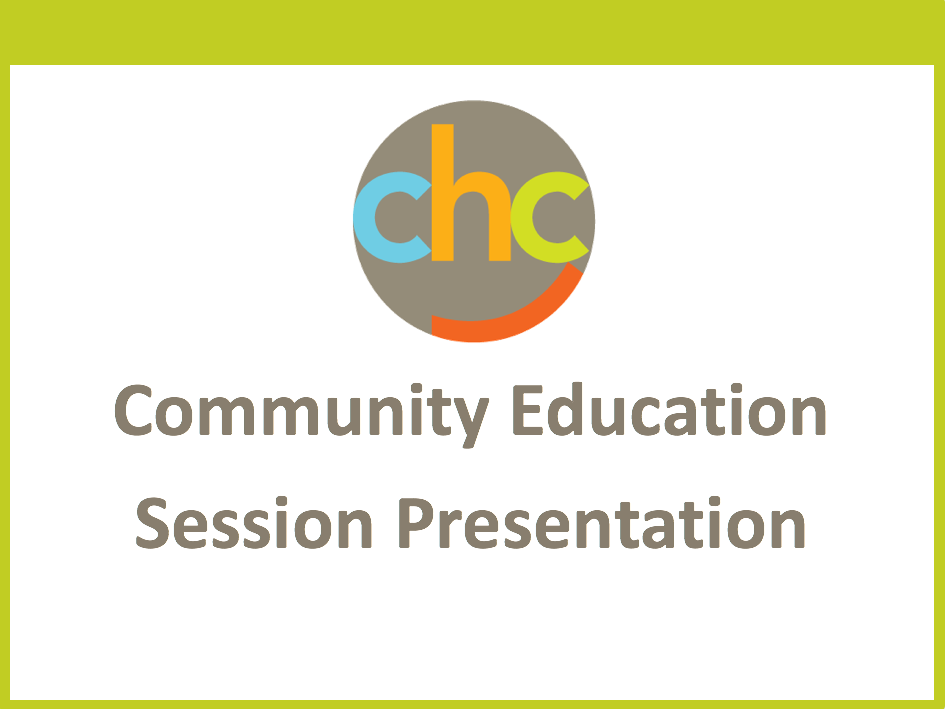Growing Up Male: It’s Not Easy [presentation]
Which emotions do you associate with males that define masculinity? How well do you handle emotions such as sadness, frustration, vulnerability, shame, or fear?
This presentation discusses emotional development and the emotional development of boys and men. Learn about some of the myths regarding emotional development and how parents can help their sons to both express and manage emotions in this presentation by Chris Harris, M.Ed and Brandon Carlton, Behavior Specialist. Read more ›



